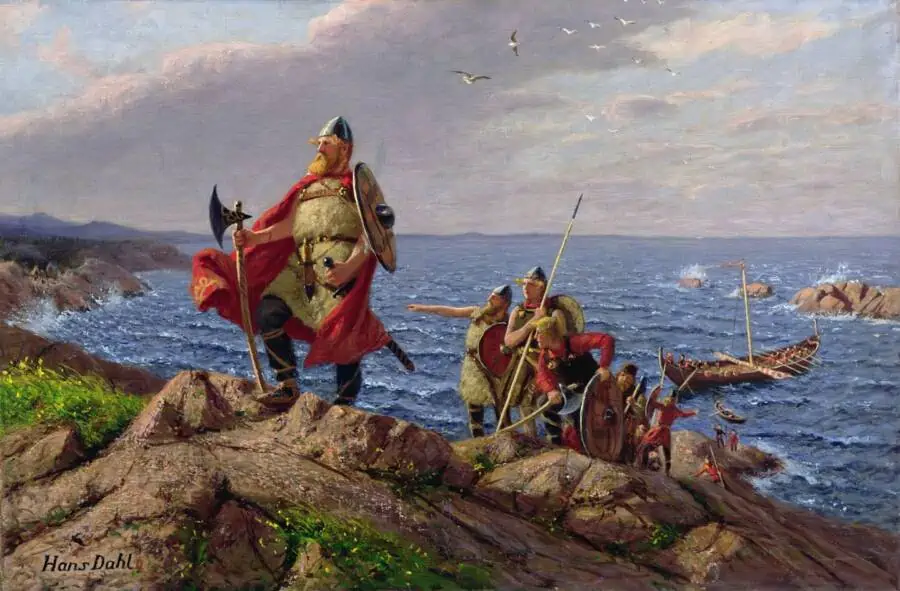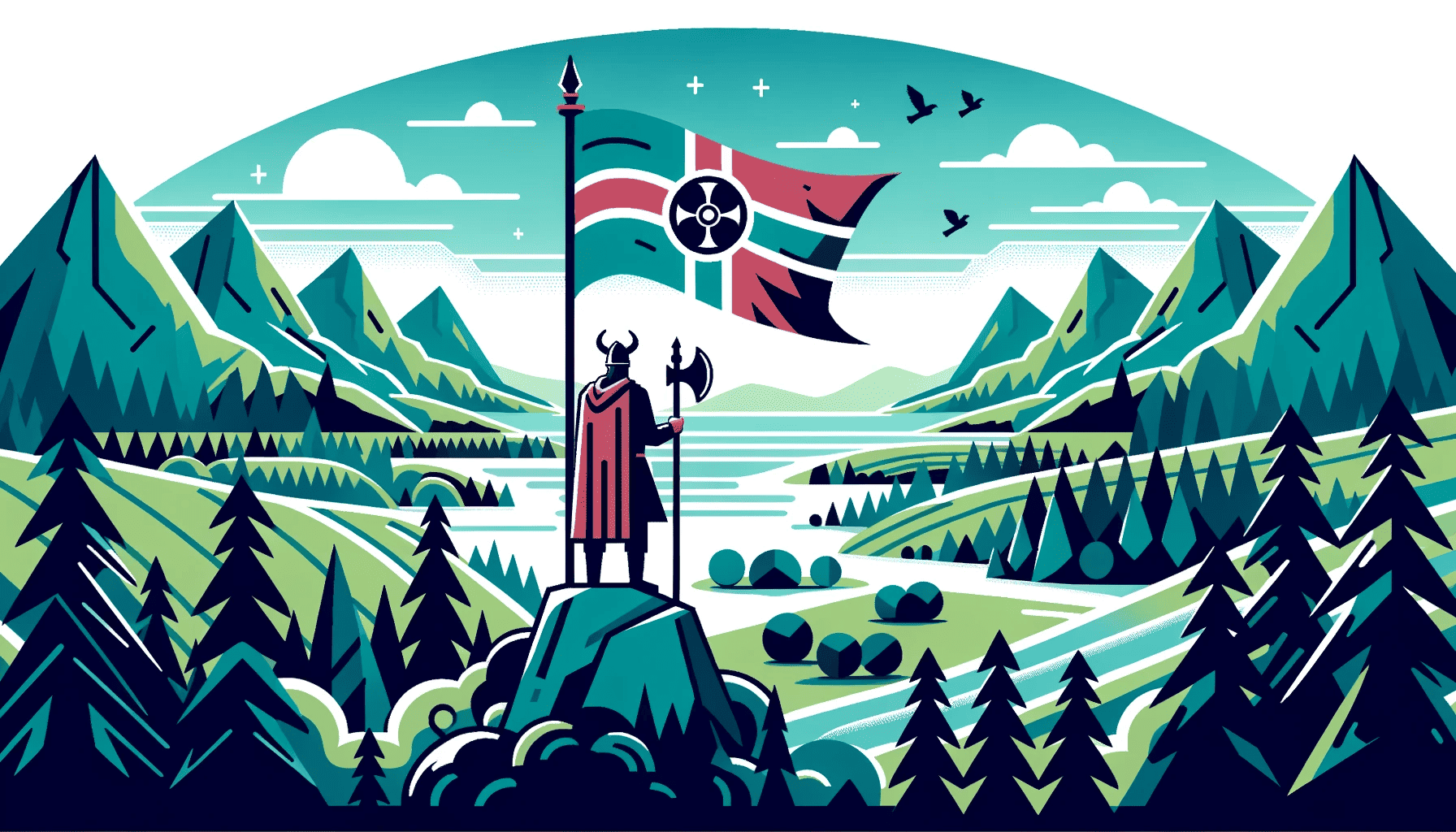The discovery of the mention of "Marckalada" in the writings of Milanese friar Galvaneus Flamma indeed provides intriguing evidence of pre-Columbian knowledge of North America in certain European circles. The description of this land in Flamma's text, written in 1345, suggests a familiarity with a region beyond Greenland, indicating that information about lands in North America might have circulated in medieval Europe before Columbus's expedition in 1492.
The specific details provided in the text, such as the presence of giants and large stones, are likely based on distorted or mythological accounts passed down through various sources. Nevertheless, the fact that Flamma had detailed knowledge about Greenland, a relatively obscure region in 14th-century Europe, is noteworthy. This discovery raises the possibility that Columbus, hailing from Genoa and a contemporary of Flamma, could have been exposed to similar accounts of a mysterious land to the west.
Navigation routes Vikings took to reach Newfoundland.
While there is no direct evidence linking Columbus to Flamma's writings, it is plausible that the knowledge of such lands could have influenced Columbus's decision to embark on his daring voyage across the Atlantic. Columbus was known to be well-read and curious, and he might have come across similar accounts or rumors during his time in Genoa, inspiring his belief in the existence of uncharted territories.
The discovery of the mention of "Marckalada" adds complexity to the narrative of European exploration of the Americas, highlighting that Columbus was not operating in complete ignorance of the possibility of lands lying beyond the Atlantic Ocean. Instead, he might have been part of a continuum of explorers and thinkers who were aware, to varying degrees, of the existence of unknown lands in the western hemisphere.
AI-generated illustration of a stereotypical Viking overlooking the North American landscape.









